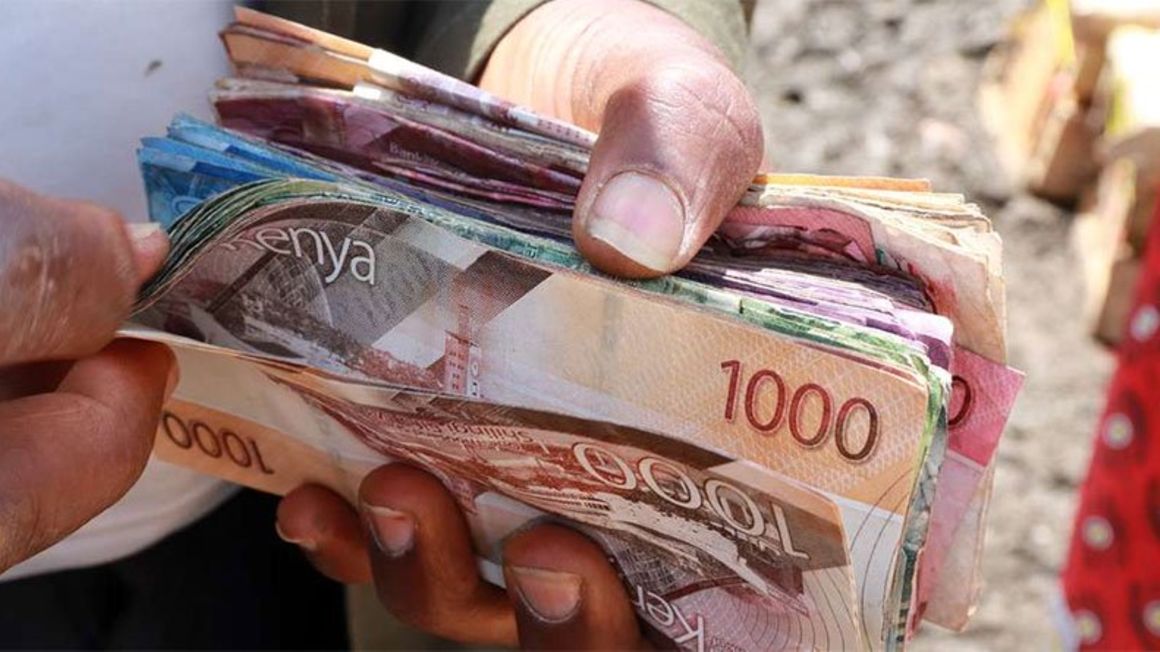
Summary
- Resiliency and financial strategies often related to cooperative participation and success.
- Our findings have implications for policy makers, cooperative administrators and developers alike in their work to strengthen the cooperative business environment and ecosystem.
- During 2020, our research revealed that cooperative members faced greater difficulty in paying for health-related expenses as compared to 2019.
Kenyan families and communities were rocked by a multitude of external shocks during 2020. The Cooperatives Leadership Engagement Advocacy & Research’s (Clear) multi-year research study with Global Communities and USIU-Africa on the impact of agricultural cooperatives on communities and their resiliency strategies in the Kenya tells us that there were profound effects on cooperative member ability to fund critical expenses.
Yet, the choice on how to prioritise expenses were split down very gendered lines and decisions were further influenced by the type of shock that was experienced.
Resiliency and financial strategies often related to cooperative participation and success. Our findings have implications for policy makers, cooperative administrators and developers alike in their work to strengthen the cooperative business environment and ecosystem.
During 2020, our research revealed that cooperative members faced greater difficulty in paying for health-related expenses as compared to 2019. Greater proportions of members reported that they could not afford their bills or had to rely on borrowing to pay for vital doctor and dental visits or hospitalisations.
During this same period, cooperative members also reported increased expenditures on business-related expenses, including for agricultural inputs such as fertiliser and animal feeds, as well as home repairs and child education expenses. Those less affected by external shocks increased these expenditures in greater proportion as compared to members most affected who sharply cut back on these expenses.
When our research team compared women’s responses and men’s responses to these same questions, women were more likely to prioritise healthcare expenses while men, on the other hand, were more likely to prioritise business expenses, home repair, and children’s schooling.
The data tells us clearly that there were profound effects on cooperative member ability to fund critical expenses. It’s clear trade-offs had to be made as the pandemic impacted households across the economy. Yet, members expressed concerns far beyond those of the 2020 pandemic. In fact, families were thinking years into the future.
One issue that emerged was related to personal and community security. Security-related shocks in the study included insecurity, pre-election and campaign violence, and cattle rustling while natural shock concerns took the form of drought, floods, mud slides, insect pestilence from locust invasions, human disease, and animal disease outbreaks.
In investigating the types of shocks, it was actually the security-related external disturbances that correlated far more with the most negative consequences on members’ actual abilities to fund their key expenses than did natural shocks. Therefore, county cooperative trainers and NGO partners can include capacity building and public health support on how to support members following deeply violating security shocks.
Such types of support would not only be evidence based and innovative but would further address household anxieties in a manner that supports community resiliency considering the shocks reported are both recurrent and not uncommon in Kenya.
Delving deeper into cooperative member resilience strategies and their role, our data indicates that the more active a cooperative member was, the more statistically likely they were to have the ability to afford to purchase medicine, doctor and dental visits, hospital stays, home repairs, and children’s school fees during 2020. In other words, active cooperative members had higher levels of financial reserves than non-active members.
Members in better performing cooperatives were also statistically more inclined to fund medication, doctor visits, home repairs, and their children’s education. Inasmuch, county cooperative officials and NGO partners would do well to go beyond advocacy and support membership drives and the formation of new cooperatives, but also to provide specialised strategic business management support to enable cooperatives to perform optimally and successfully compete in market.
In the geographic areas where human disease shocks were the strongest, members’ self-reported levels of active cooperative membership directly correlated with a 33percent increase in members’ ability to fund medication.
Alternatively, when cases of human disease affected a cooperative member’s family directly but only mildly, then active membership in any cooperative helped improve their ability to pay for medical costs and maintain some business and life expenses. As the severity of the disease or affliction affecting their family intensified and the severity moved from mild to moderate, then members in higher performing cooperatives had better abilities to finance medical costs.
When the human disease shock to one’s family proved severe, then their cooperative membership activity or the performance of the cooperative had no statistical relationship with their ability to fund medical bills. However, member activity levels and cooperative performance did matter and correlate positively to funding medical bills when severe human disease shocks only hit communities broadly.
In short, severe human disease shocks proved so overwhelming to member families that neither the social capital nor activity level in their cooperative could compensate unless the shock was in the mild to moderate range. Special cooperative member support funds, sometimes considered ‘emergency reserves’, must be emphasised in operational policy and cooperative management plans – and advertised to potential members.
The data clearly indicates that it was a benefit with high utility when medical shocks were mild and has the potential to be a highly desirable membership incentive as medical shocks increase in severity since cooperative members were not able to maintain their financial resilience strategies once a medical shock reached a severe state.
Dr Scott may be reached on scott@ScottProfessor.com or on Twitter: @ScottProfessor





No comments :
Post a Comment